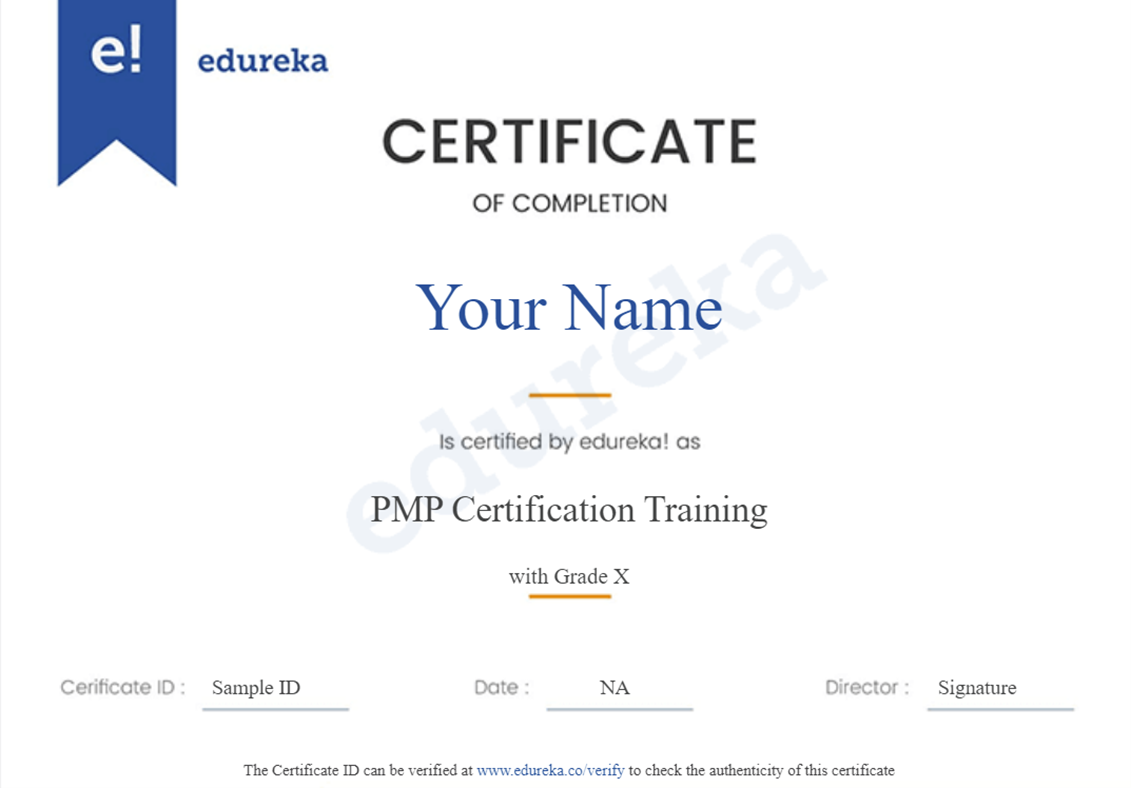What qualities are you looking for in a Training Advisor?
The role of a Training Advisor vary a lot from one organization to another, this is why I will discuss the general qualities you should look for in a Training Advisor as well as the main responsabilities, because depending on the job description, the tasks and responsabilities given to the advisor may be quite different.
Why do I emphasize on your training advisor qualities ? When choosing a Training Advisor for your products or services, keep in mind that your advisor has to be in line with the Mission, the Values and the Vision of your organization and he/she is a support and coach for your internal trainers. Your Training Advisor, whether internal or external, like your trainers, must insure that your training materials and trainers reflect the needs of the organization.
The right Training Advisor’s qualities are essential when making a choice. Do not only choose a training advisor because of his or her technical background or knowledge on a particular subject. It is not necessary or mandatory that your Training Advisor is a subject matter expert. The qualities you’re looking for go far beyond technical knowledge, he/she must also have strong experience and knowledge of the competence based approach and excellent pedagogical competences.
Pedagogy vs Training Advisor
Don’t forget that this person will advise you and align the training strategies for your employees. If he/she doesn’t have experience in adult education (andragogy), it would be extremely difficult for him/her to ensure that the training packages and learning strategies are compliant with the expected pedagogical model and standards, other than the validation of the content.
Remember that pedagogy is a science, so the qualities you’re looking for in a Training Advisor must include a good mastering of the adult training principles. They must be able to see things from the learner’s perspective.
Again, the same question applies for the trainees: “What’s in it for me?” If the Training Advisor cannot convey or answer this question with your trainers, it will be difficult for him/her to coach and guide them in the right direction.
Training must be fun & Memorable
YES, every training you conduct, or every training you attend must be a fun, memorable, enlightening and enjoyable experience, filled with new creative ideas and exercises. There is nothing less motivating for an adult than to attend a boring or repetitive training or even worse a boring lecture, so choose your trainer wisely. Check the book Telling Ain’t Training by Harold D. Stolovitch!
PMP certification training by edureka
Receive your PMP certification with edureka!
This PMP Certification Training Course offered by Edureka is live, instructor-led & prepares you for the PMP Certification exam.
This PMP training gives you extensive knowledge of Project Management concepts highlighted in the PMBOK Guide – 6th Edition and is aligned with the latest PMP Exam Content Outline.
Enroll now for the PMP® certification course to master the global language of Project Management and connect with Project Management Professionals. Edureka (Brain4ce Education Solutions) is an Authorized Training Provider of PMI®.
Main roles and responsabilities of a Training Advisor
The first and most important role and responsability of a Training Advisor is to Oversee the development of the people and teams in order to improve the results of your organization, by:
- Ensuring the application of the Competency Based Approach.
- Advising/Guiding Human Resources.
- Participating in the creation of competences.
- Participating in the elaboration of the competence profiles.
- Developing learning paths and programs.
- Conducting training and comptence developement needs analysis.
- Evaluating the coherence between the training requests vs the needs of the organization.
- Participating in the instructional design.
- Participating in the preparation of the training activity (design, revisions, suggestions, improvements…).
- Coaching trainers in the transfer of knowledge and skills.
- Supervising and Revising the learning revisions (feed-backs, take actions to fill gaps), and Advising trainers and Management on how to improve the efficiency of the training sessions and material.
- Compiling the evaluation of quality of the training sessions, including trainers and material, and Advising trainers and Management on how to improve the efficiency of the training sessions and material.
- Participating (or managing in some cases) in the management of training (planning, list of trainees, client’s satisfaction…).
- Being the “gardian” of the pedagogical standards.
- Training/Evaluating the trainers/facilitators.
- Pedagogical Monitoring, look for latest and best practices as well as pedagogical development.
They must:
- Ensure the development of people/ teams and the improvement of results deriving from competence development.
- Ensure that best practices and solutions are used by staying informed and that they are shared with the team members.
- Modify, in some cases, the training material or Ensure the changes are made following the evaluations.
- Keep updated (sometimes enter data) the training register and list of employees in the Learning Management System (LMS).
- Give advises on key decisions, sometimes in advance.
- Add value to the organization, sometimes outside of the training advisor’s role.
- Work to improve and Grow relations beyond his/her tasks or current programs.
- Speak in public, and Demonstrate a strong credibility and reputation towards peers, superiors, colleagues and suppliers.
- Write reports, articles, processes, advises and others.
- Take part in complex projects.
- Negociate agreements, partnerships with internal and external suppliers.
- Negociate state subsidies.
- Manage the training budget of the service or department.
list of training advisor qualities to look for
Of course, you choose your training advisor, and you know what is best for your organization. But there are basic qualities a Trainer Advisor must have that are most important for the success of your training plan and the transfer of competence required to improve your performance.
It is extremely important that the Training Advisor maintains a good reputation but also an excellent internal and external credibility, because he/she is often the spokeperson of the service or department.
- Gain respect by building a “personal branding” and work to increase his/her reputation.
- Participate to events in order to grow his/her network and circle of incluence.
- Maintain an irreproachable behavior.
- Demonstrate energy and enthusiasm.
- Master the language and an excellent redactional capacity.
Communicate doesn’t mean to talk, listening and going back is also part of cummunicating.
Convey a clear message
We normally communicate 80% of a message, it has to be short, clear and understandable by all, without interpretation.
- A training must be able to transmit a 30 second message which includes all the important information to be shared, no more no less.
- If the training advisor shares documents, they have to be in the form of easy to read and interpret graphs or tables.
- The advisor must also be able to communicate efficiently in writing.
Prepare the learning activity
The Training Advisor has to execute many tasks at the same time, on top of priorizing each one. It is therefore mandatory that he1/she has very good organizational competences.
- Coordinate training activities.
- Organize or help organize the logistics of the training sessions and learning activities.
- Collect/sort content data and other necessary information required for instructional design.
- Plan training schedules.
- Create training calendars.
- Review, adjust the content and the pedagogical strategies, often at the last minute.
- Compile the evaluation results, revisions, observations in the Learning Management System.
- Prepare plan “B”, in case technologie fails or a trainer or trainees are not available.
Why?
- Because, sh… happens, a training advisor, like a trainer, must be able to adapt quickly to modify the approach, the content or even the learning strategies.
- This is one more reason why you need a training advisor with experience and who masters technical, pedagogical and relational competences and can face last minute changes.
- Things aren’t always going as planned. If your training advisor is only a technical person, he/she will not be able to adapt the strategies, the content and the pedagogical approach with the trainees and trainers.
As part of communicating, listening is one of the most important qualities of a good training advisor.
There are 8 different listening skills a trainer should apply:
- When someone is talking, don’t say a word, don’t interrupt and listen to what they have to say… DO NOT prepare an answer while they’re talking, take time to clearly listen till the end and ask for clarification when in doubt.
- Eliminate distractions.
- Demonstrate empathy.
- Actively listen.
- Don’t be judgemental.
- Clarify.
- Reflect and
- Use non-verbal cues.
The Training Advisor must be able to attend meetings, training sessions or conferences and be able to summarize the content to his/her team or management in a concise and efficient way.
Engaging people, is all about building a solid, rewarding collaborations.
A good leader will create the necessary environment to reach collaboration of the whole group.
One of the qualities you’re looking for in a Training advisor is the sense of curiosity and the research for perfection.
They should always look for best practices, use the latest techniques and pedagogical approaches.
They also need to stay up to date in what’s happening on the floor and the information about the work place.
They must be able to learn on their own “self-teaching”.
Your Training Advisor should have a few years of experience working in the field of interest. Ideally having worked in this field, with being a subject matter expert, he/she must be able to understand the issues and difficulties of the positions and tasks in the area. But, before all, he/she must have experience in training and background in adult education.
The experience, good and bad, allows a Training Advisor to understand several situations quickly and can relate better with the trainees, the trainers, the management and training suppliers.
His/her experience will help maximaze the training activities.
A Training Advisor should keep an open mind and be flexible with his/her internal or external colleagues.
If the Training Advisor thinks he/she knows it all, they’re are not the ones you want in your organization.
Your Training Advisor will have to use different softwares and computer systems, it goes without saying that they must master the basic systems, but also, be able to adapt to new ones.
- Master Office Suite (mainly: Outlook, Excel, Word and Powerpoint).
- Master a Learning Management System (LMS) and learn new ones.
- Master video-conferencing systems like Teams, Skype, Zoom, etc.
- Master, as required, authoring softwares like Captivate, Articulate Storyline, Director Studio, Adobe… for screen captures and video animations.
It is imperative that your Training Advisor perfectly masters all aspects of the Competency Based Approach.
He/She is responsible for the systematic application of the approach in order to improve the performance of your organization.
HE/She must be able to calculate the return on investements directly related to the training activities, report them and propose alternatives in order to constinuously improve the results.
He/She must also be able to train employees, trainers, colleagues and management on the competency based approach and its benefits to the organization.

